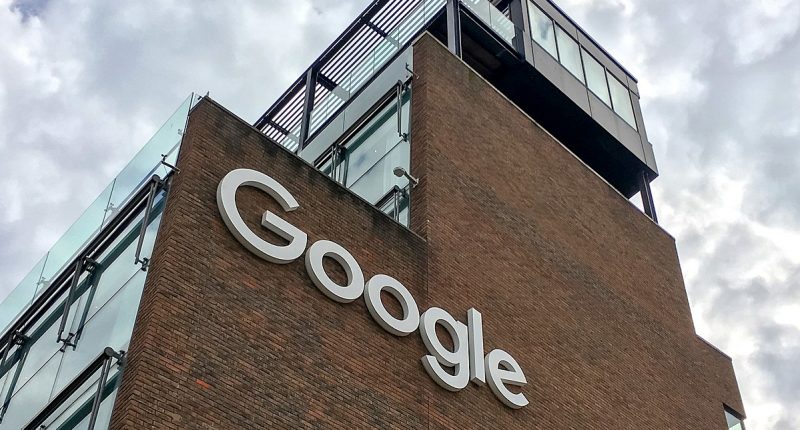Alphabet’s Google has agreed to pay a A$55 million ($35.8 million) penalty for engaging in anti-competitive conduct. The Australian Competition and Consumer Commission (ACCC) announced the settlement, revealing that Google had admitted to striking exclusive, anti-competitive deals with Australia’s two largest telecom operators, Telstra and Optus.
The ACCC’s legal action focused on a practice that has long been a key to Google’s market dominance: exclusive pre-installation agreements. The regulator found that between December 2019 and March 2021, Google reached “understandings” with Telstra and Optus to make Google Search the sole search engine pre-installed on Android phones they sold. In exchange for this valuable exclusivity, the telcos received a share of the substantial advertising revenue that Google generated from user searches on those devices. This symbiotic arrangement created a powerful barrier to entry for any competing search engine, as it leveraged Google’s market power to shut out rivals from the moment a consumer unboxed their new phone.
The ACCC’s case was built on the fundamental principle that such arrangements “substantially lessened competition.” By ensuring that millions of Australians were funneled directly to Google Search via a default setting, the agreements effectively created a “default effect” that is incredibly difficult to overcome. Research shows that the vast majority of users never change the default settings on their devices, making pre-installation a critical piece of digital real estate. This dynamic solidified Google’s massive market share in the country, as well as starved smaller search engines of the user base and data they needed to grow and compete.
This means that for the first time, Android phone manufacturers and telcos in Australia have greater freedom to feature and promote alternative search engines without fear of violating their agreements with Google. By forcing Google to remove the exclusivity clauses from its contracts with telcos and phone makers, the ACCC has created a new landscape where those manufacturers have greater autonomy. No longer bound by restrictive agreements that offered financial incentives in exchange for pre-loading only Google’s services, Australian manufacturers and carriers are now free to innovate and partner with other search engines, browsers, and app developers. Last year, Telstra and Optus themselves had provided court-enforceable undertakings to the ACCC in 2024 to refrain from renewing or making similar exclusive deals with Google.
As for Google, while the A$55 million fine is a major one, it is a relatively small sum for a company of Alphabet’s size. By admitting fault and avoiding a lengthy court battle, Google prevented the risk of a larger penalty and more burdensome behavioral remedies that could be imposed by a judge. It also mitigates the risk of a court-imposed ruling that could be used as a precedent against the company in its numerous other antitrust cases worldwide, particularly the high-profile litigation in the US.
This development is hardly a surprising move from Australia, which has been relatively proactive in antitrust enforcement against Big Tech, unafraid to take on powerful companies where other countries have hesitated. This trend began with the landmark News Media Bargaining Code in 2021, which forced Google and Meta to pay Australian news organizations for content. It continued with the recent Federal Court ruling in the Epic Games lawsuit, which found both Apple and Google had misused their market power in their app stores.
The Tech Portal is published by Blue Box Media Private Limited. Our investors have no influence over our reporting. Read our full Ownership and Funding Disclosure →





